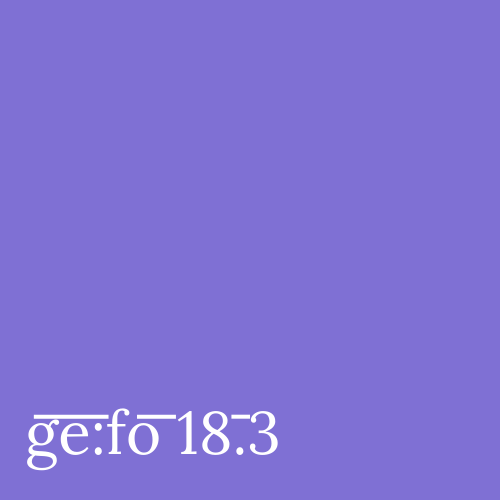The Human and its Others: A Posthumanist Reading of Tomi Adeyemi’s Children of Blood and Bone and N.K. Jemisin’s The Fifth Season
DOI:
https://doi.org/10.18716/ojs/gefo/2019.2502Keywords:
posthumanism, anthropocentrism, The Fifth Season, Children of Blood and BoneAbstract
This paper examines how Tomi Adeyemi’s Children of Blood and Bone and N.K. Jemisin’s The Fifth Season deconstruct the naturalised discourses by which hegemonial systems of power define the human and its others, using Herbrechter and Callus’ method of a posthumanist reading. This analysis is done in order to reveal the novels’ underlying assumptions about what it means to be human, and the political motivations and implications of such a conceptualisation. It will be argued that Children of Blood and Bone and The Fifth Season use the discursive nature of the human and the other to speak up against the othering and subsequent oppression of minority groups. They both stay, however, within the framework of humanism and its belief in a human essence, and only The Fifth Season manages partly to break with anthropocentrism by de-centring the human from its allocated point of exceptionalism.



